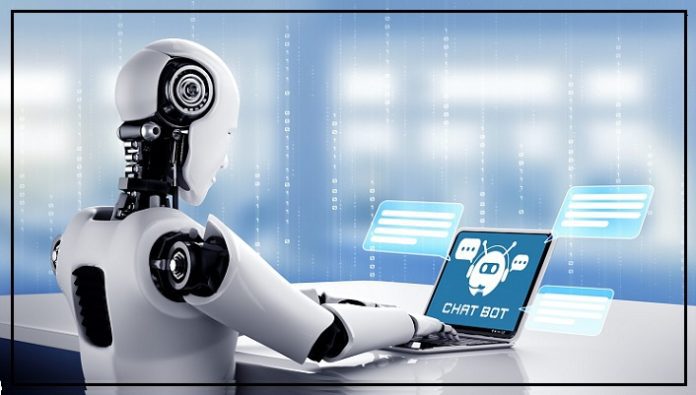The idea of Artificial Intelligence (AI) taking over human jobs in the future has gained significant momentum, and it’s not hard to see why.
With numerous individuals and organizations already embracing AI to perform tasks, the possibility of it completely replacing humans is a real concern.
AI Replacing Human Jobs
According to a report by Goldman Sachs, AI has the potential to take over 66% of jobs in the US and European Union due to the high level of AI automation in these regions.
Moreover, the report predicts that the Administrative and Legal sectors will be the most affected by this technology.
The study also found that 46% of administrative jobs and 44% of legal jobs are likely to be replaced by AI.
How Does It Affect?
Individuals engaged in physically demanding businesses can breathe a sigh of relief as these sectors are expected to be less affected.
However, the construction and maintenance jobs are anticipated to face a decline of 6% and 4%, respectively, according to the report.
Additionally, the report suggests that “the direct effects of generative AI on labor demand could be negative in the near-term,” but the impact on labor productivity growth would be positive.
The sources estimate that generative AI could increase annual labor productivity growth in the US market by approximately 1.5% over a decade.
Sources suggest that AI has the potential to give a significant boost to the global economy, with estimates indicating that it could increase global GDP by 7% in the next decade.
One of the key benefits of AI is significant labor cost savings, which could lead to new job creation and higher productivity for non-displaced workers, contributing to global growth.
Furthermore, the study predicts that AI will continue to have a significant impact on humans, potentially affecting up to 50% of the activities they currently engage in.
Major Dent On Different Occupations
According to research, automation is expected to significantly impact almost all job sectors, but current technologies are only capable of fully automating 5 percent of job roles.
It remains uncertain how and when Artificial Intelligence will affect human workers, as this will largely depend on how extensively humans adopt AI and the level of skill demonstrated by AI.
In the meantime, some companies have cautioned their employees against using products like ChatGPT or other similar AI technologies.
Initially, the use of AI by employees at banking behemoths like JPMorgan, Goldman Sachs, Citigroup, and Bank of America has been limited due to concerns that generative AI tools could potentially affect various aspects of the financial services industry, including investment decisions and customer service automation.
